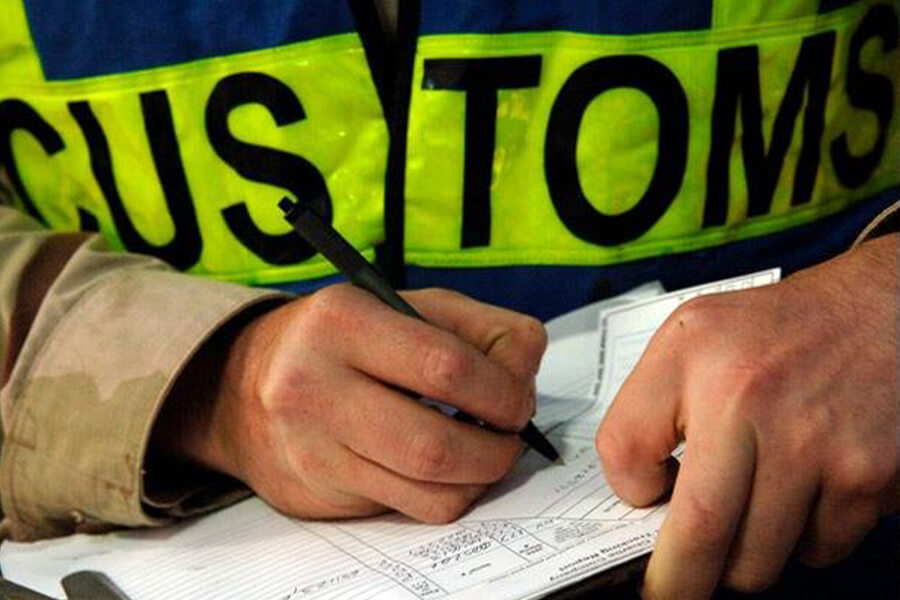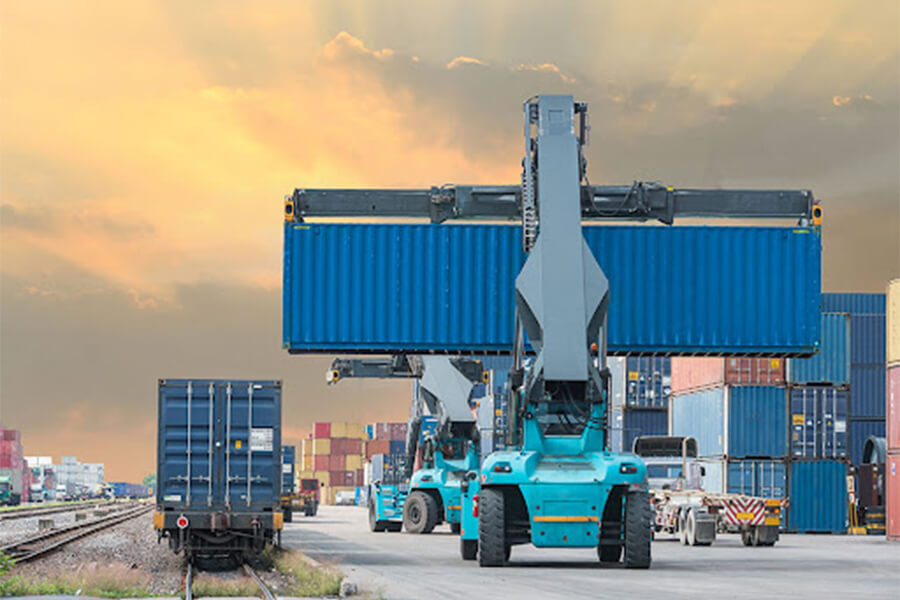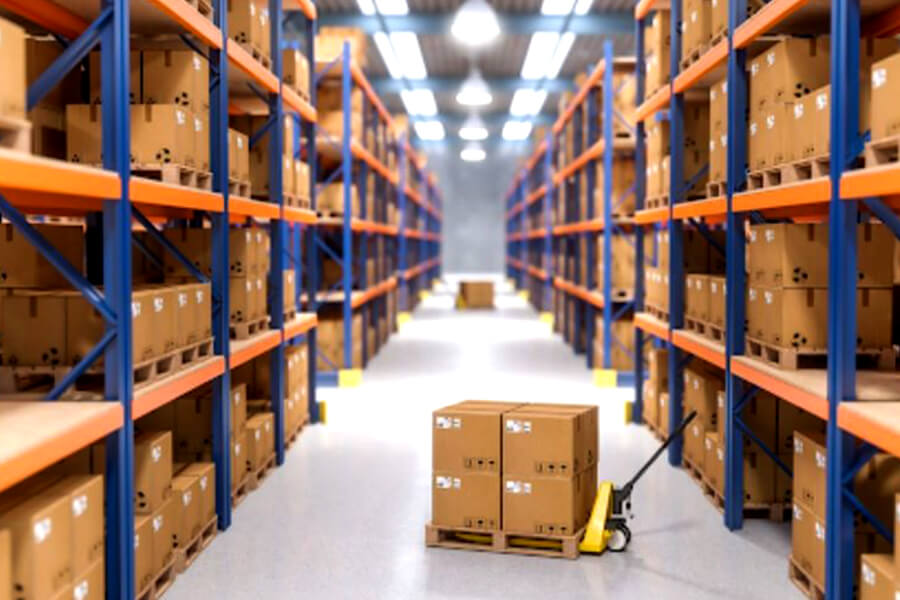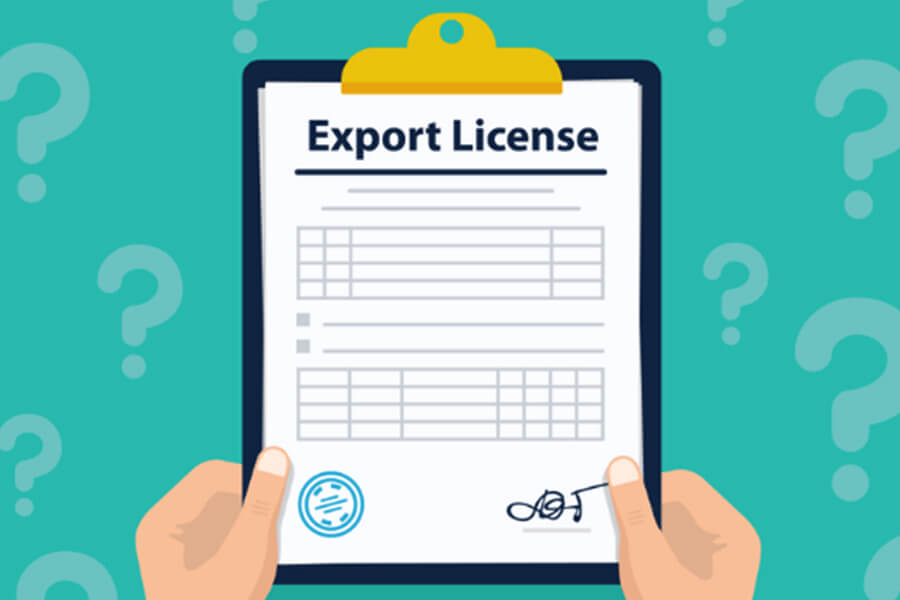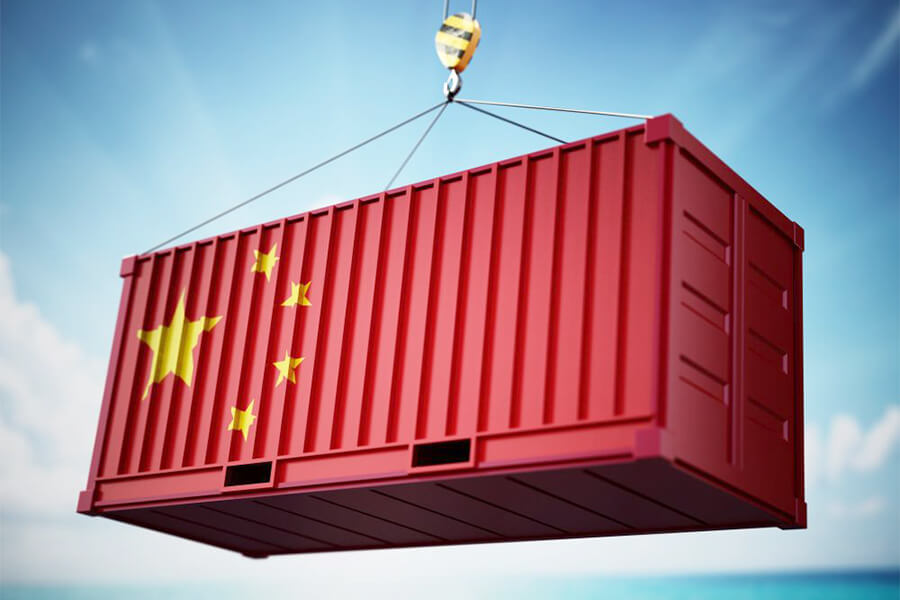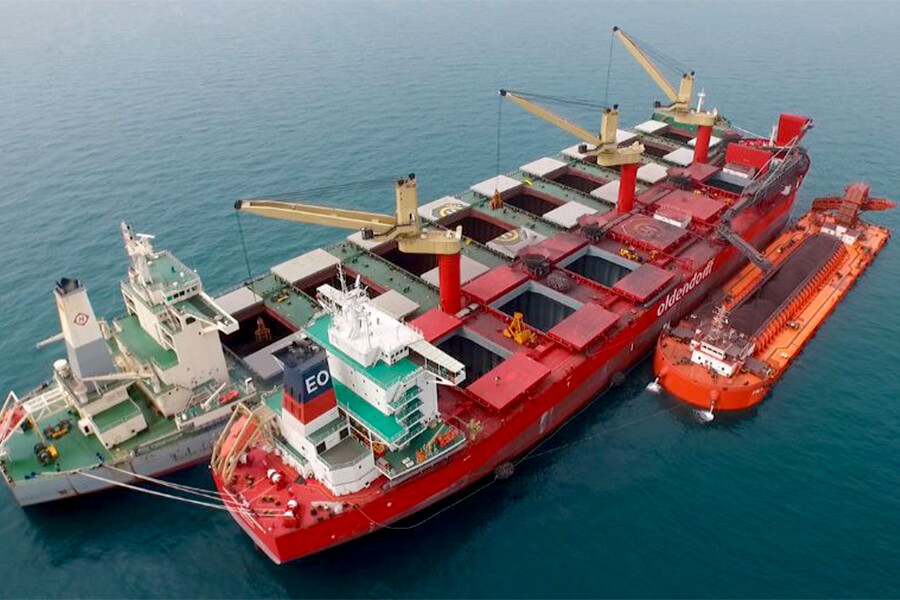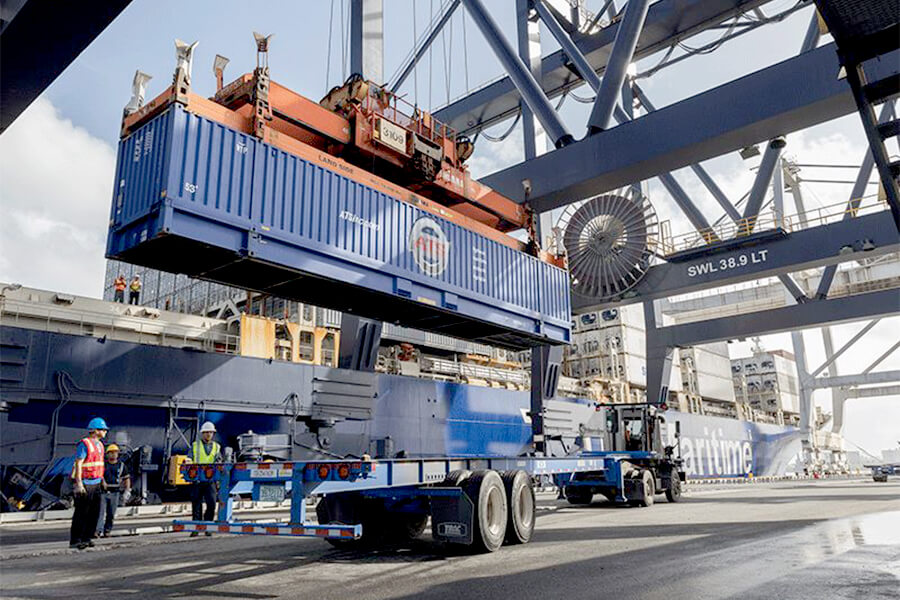Customs violations are one of the important and vital topics in the field of import and export, and awareness of them is essential for all business practitioners. Customs violations can, in addition to causing financial and time losses, damage the business reputation of individuals and companies. In this article, we will closely examine customs violations, their types, and also the strategies for prevention and addressing them.
Concept of Customs Violations

Customs violations refer to any action or behavior that goes against a country’s customs regulations and laws. These violations can take various forms, such as misdeclaring the value of goods, smuggling, or using fake documents for customs clearance. Each country has specific customs laws and regulations to regulate and oversee imports and exports, and violating them can result in heavy fines and even seizure of goods.
Types of Customs Violations
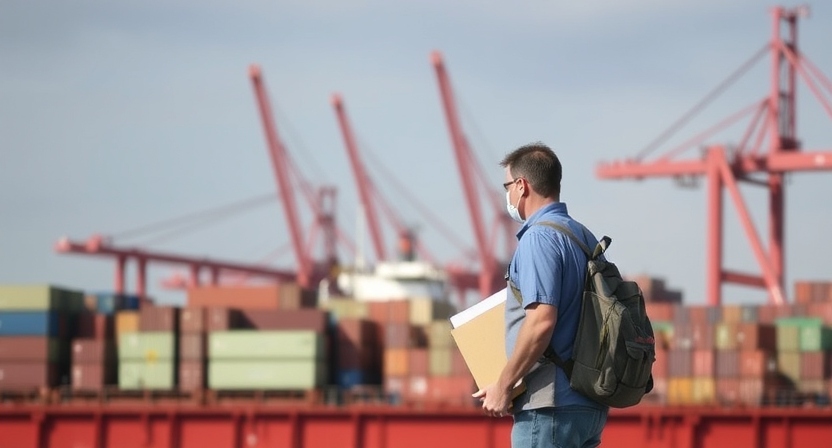
Customs violations in Iran are divided into several general categories, each of which has different penalties depending on the type of violation. Here, we will address the most important types of customs violations:
1. Incorrect Declaration of Goods
One of the most common customs violations is the failure to accurately declare the details of goods during customs clearance. This violation includes incorrectly declaring the value, quantity, or nature of the goods. Some traders declare a lower value for the goods than their actual worth to reduce customs duties.
Example: An importer declares an electronic shipment as simple and cheaper parts instead of high-tariff expensive devices.
2. Goods Smuggling
Smuggling refers to importing or exporting goods across the country’s borders without paying customs duties. Smuggling can occur secretly or through false declarations of goods.
Example: Smuggling goods secretly across borders or falsely declaring prohibited items such as drugs or culturally banned goods.
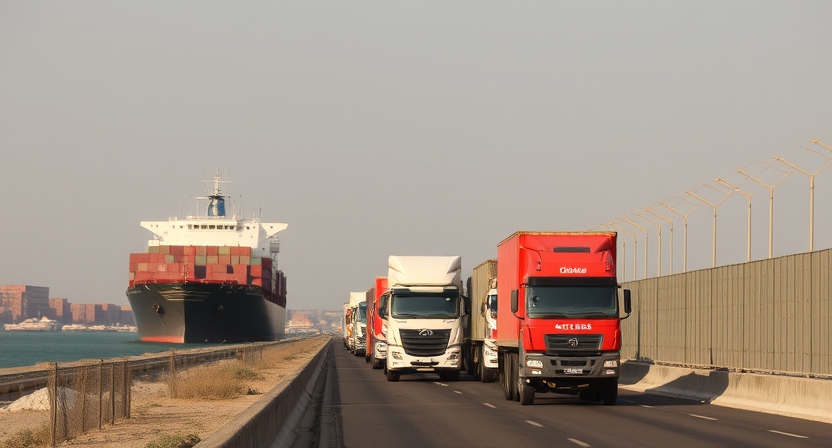
3. Use of Fake Documents
Another common violation is the use of fake documents, such as false invoices, forged transport documents, or counterfeit customs forms.
Example: A person who provides fake invoices to understate the value of imported goods.
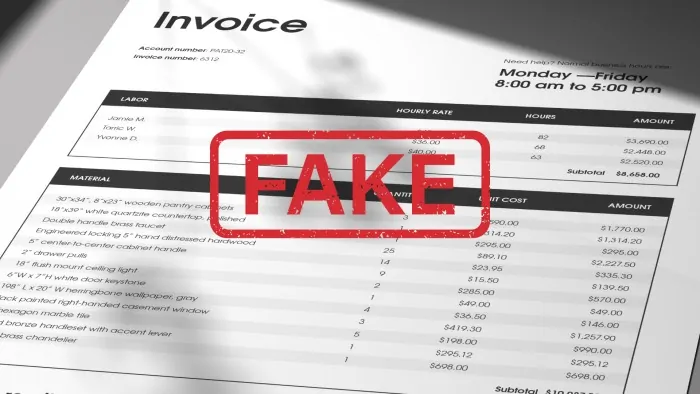
4. Transport of Prohibited Goods
Some goods are completely prohibited, and importing or exporting them is considered a crime. These goods include drugs, weapons, and cultural items that are against the laws of the Islamic Republic of Iran.
Example: Importing prohibited goods without a permit, such as firearms, drugs, or smuggled cultural artifacts.
5. Illegal Clearance of Goods
In some cases, individuals use illegal methods to clear their goods without paying duties or obtaining the necessary permits.
Example: A person clears imported medicines without having the necessary health permits and sells them.
Penalties and Consequences of Customs Violations
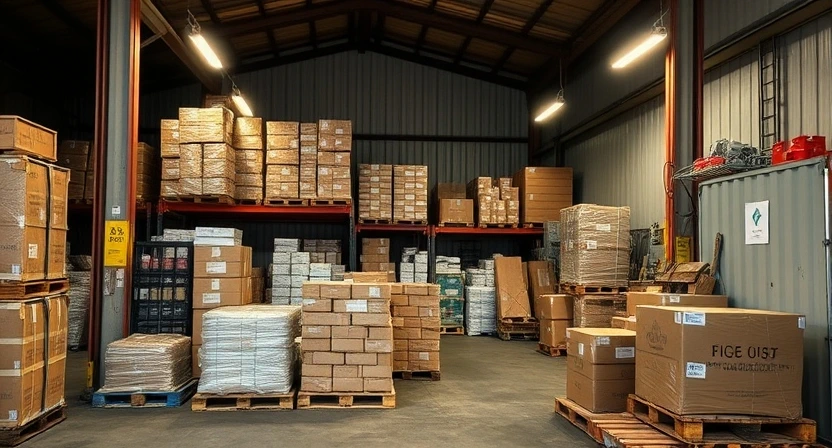
In Iran, customs violations are subject to heavy fines, seizure of goods, and even, in some cases, criminal prosecution. Penalties for customs violations vary depending on the type and severity of the violation. The main penalties include:
. Seizure of Goods:
In cases where imported goods enter the country through smuggling or without proper declaration, the goods are seized, and the individual is required to pay a fine.
. Financial Penalty:
Financial penalties that can reach several times the value of the goods, depending on the extent of the violation.
. Imprisonment:
In more severe cases, such as organized smuggling, the offender may be sentenced to imprisonment.
Strategies for Preventing Customs Violations
Preventing customs violations requires careful attention and knowledge of Iran’s customs laws and regulations. Here are some strategies to prevent customs violations:
1. Full Familiarity with Customs Laws
Traders and businessmen must be fully aware of Iran’s customs laws and use legal consultations at all stages of import and export.
2. Use of Reliable and Accurate Documents
All documents related to import and export must be obtained from reliable sources and submitted to customs correctly without any forgery or incorrect alterations.
3. Cooperation with Reliable Customs Companies
Using the services of reliable and specialized clearance companies can minimize the risk of customs violations. These companies are well aware of the laws and regulations and can prevent errors from occurring.
4. Staff Training
Staff working in the import and export sector must receive the necessary training on customs processes and regulations to prevent unintentional violations.
Conclusion
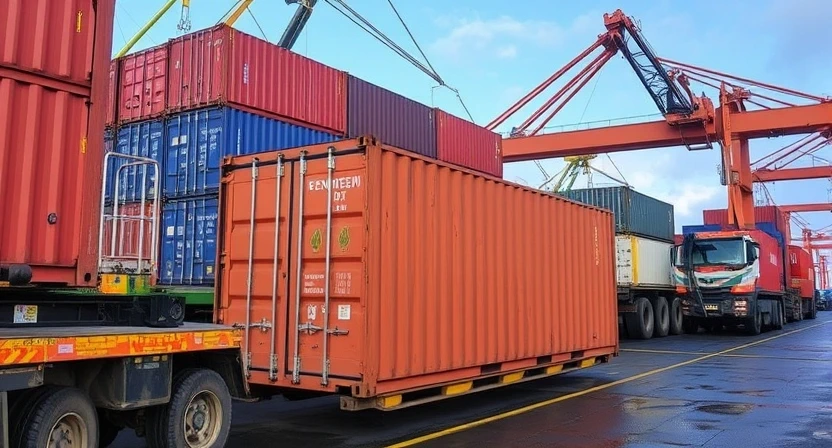
Customs violations can not only lead to financial losses but also damage the business reputation of individuals and companies. Awareness of customs laws and regulations and using specialized consultations in this area are the best ways to prevent violations and succeed in international trade. By complying with the laws, you can conduct your trade legally and securely and benefit from the advantages of import and export.

